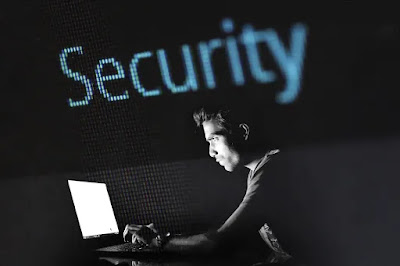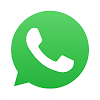As people become increasingly dependent on the Internet as a means of communicating and working remotely, the rates of cyberattacks and incidents of device data breaches have increased. How we can avoid such threats?
"People moving to work remotely because of the conditions related to the Corona epidemic have created conditions for hacker activities, but there are many ways to avoid such dangers," McAfee's technical expert and software developer Sergey Minchakov said in an interview.
"In order to protect ourselves from the risk of phishing attacks online and the risk of malware fraud, we must follow several rules, the most important rule is to constantly access and discuss news about these things, knowledge of the strength, a more knowledgeable person knows about the methods of cyber phishing, the less likely it is to fall prey to online phishing," he said.
The expert advised web users to check the sources of e-mail messages, and not to trust some messages that appear to come from people or bodies we may know, especially if those messages carry exceptionally attractive offers, or contain certain links, in which case it is advised to communicate with the person or body to verify that data before clicking any link that may cause the download of malicious software in the device, and when a particular link appears in a message, and before clicking on the link a mouse indicator must be passed If the address appears suspicious, the message should be deleted."
In order to avoid phishing, Minchakov advises computer users to secure these devices through 2FA binary authentication passwords, change these words periodically, and use VPN networks that provide encrypted communications and hide Internet user data from hackers.







0 Comments